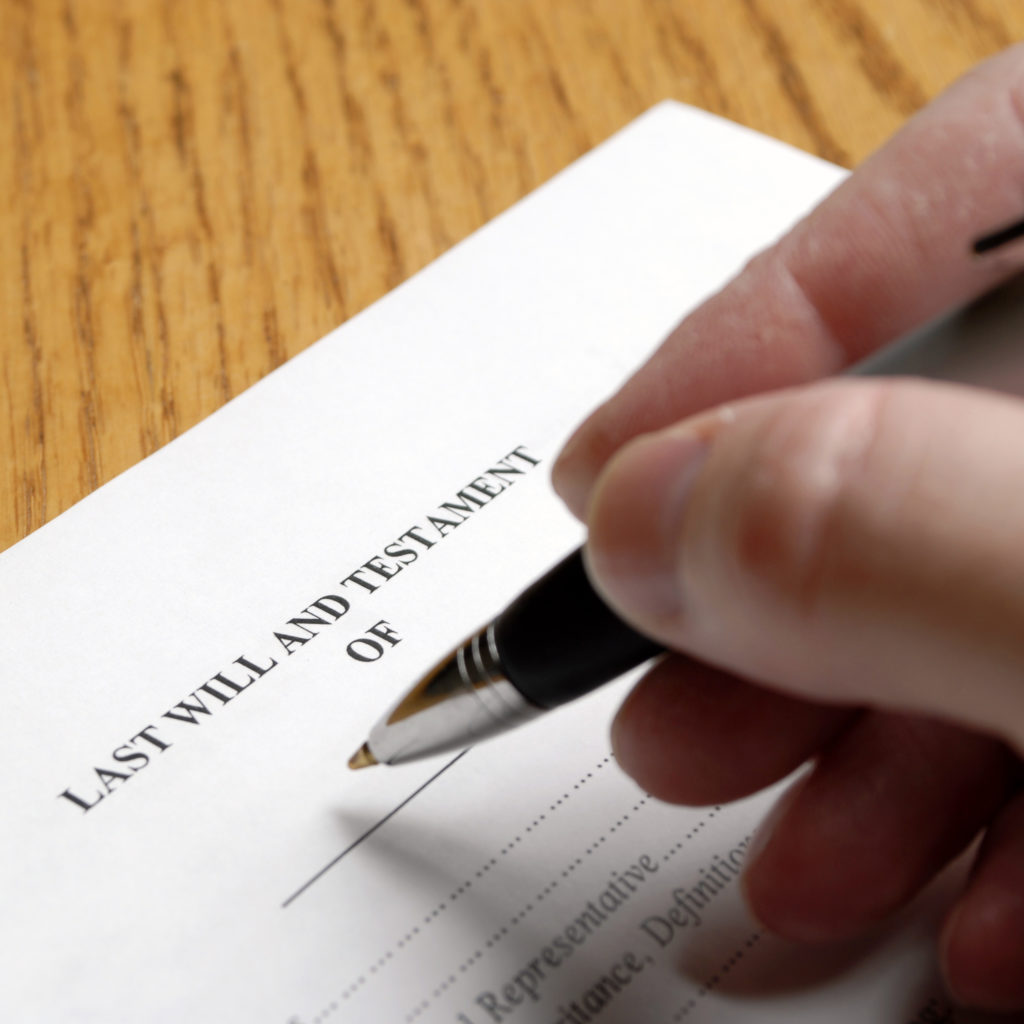Probating estates is also referred to as estate administration which is the process of managing and distributing a person’s probate property after their death. If the person had a will, the will goes through probate, which is the process by which the deceased person’s property is passed to his or her heirs and beneficiaries (people named in the will). The entire process usually takes about 18 months. However, distributions from the estate can be made in the interim.

Here we set out the steps the surviving family members should take. These responsibilities ultimately fall on whoever was appointed executor in the deceased family member’s will. You should meet with an attorney to review the steps necessary to administer the decedent’s estate. Bring as much information as possible about assets, taxes and debts. Estate administration in Pennsylvania include the following steps:
1. Filing the original will and Death Certificate at the County Register of Wills in order to be appointed executor. You will take an oath, sign the petition and pay a probate fee to get the letters testamentary issued to you appointing you as executor. In the absence of a will, heirs must petition the court to be appointed administrator of the estate and may have to post a bond.
2. Giving formal notice to all the beneficiaries named in the will, and then filing a report with the Register of Wills.
3. Collecting all the assets. This means that you have to find out everything the deceased owned. You need to file a list, known as an Inventory with the Register of Wills within nine months of the date of death. You will also need to open an estate bank account to consolidate all the estate funds. Bills and bequests should be paid from the estate bank account, so that you can keep track of all expenditures.
4. Paying the federal estate tax if applicable and Pennsylvania inheritance taxes. If the estate was over $11,580,000 then a federal estate tax return (form 706) needs to be filed for 2020. If any assets pass to anyone other than the spouse and children 21 years old and younger, then the executor needs to file a Pennsylvania inheritance tax return. If you prepay the Pennsylvania Inheritance Tax within three months of the date of the death you receive a 5% discount. The Pennsylvania inheritance tax return is due nine months after the date of death, but you can apply for a six month extension to file the return. The Pennsylvania Department of Revenue assesses the inheritance tax at a rate of 4 1/2% on linear descendants (children over 21, parents, grandparents and grandchildren), 12% for siblings, and 15% for anyone else.
5. Filing final income tax returns. You must also file a final federal and Pennsylvania income tax return for the decedent for the year of death. If the estate holds any assets and earns over $600 of interest or dividends, or over $600 from sales of property a fiduciary income tax return for the estate will need to also be filed.
6. Paying the administrative expenses and all the debts of the estate. The estate needs to pay for the funeral, probate fees, attorney fees and other administrative expenses first. The secured creditors are paid next, and then the unsecured creditors are paid with whatever is left.
If creditors are not paid in the proper order, the executor may be held personally liable for the estate’s debts.
7. Filing a Disclaimer with the Orphan’s Court within 9 months of the date of death to disclaim any bequests.
8. Distributing property to the heirs and beneficiaries. Generally, executors do not pay out all of the estate assets until after all the known creditors are paid, and the period runs out for other creditors to make claims which is one year after the estate notice is published.
9. Notifying the Pennsylvania Attorney General for any specific bequests over $25,000 or any bequests paid as percentage of the estate or any charitable bequests that will not be made.
10. Filing an informal final account. The executor must file an informal final account with all the beneficiaries listing any income to the estate since the date of death and all expenses and estate distributions. Once the beneficiaries sign a receipt and release approving the informal final account, the executor can distribute whatever is left in the reserve, close the estate bank account and file a status report with the Register of Wills.
If you need help probating an estate please contact Gregory J. Spadea of Law Offices of Spadea & Associates, LLC at 610-521-0604.








